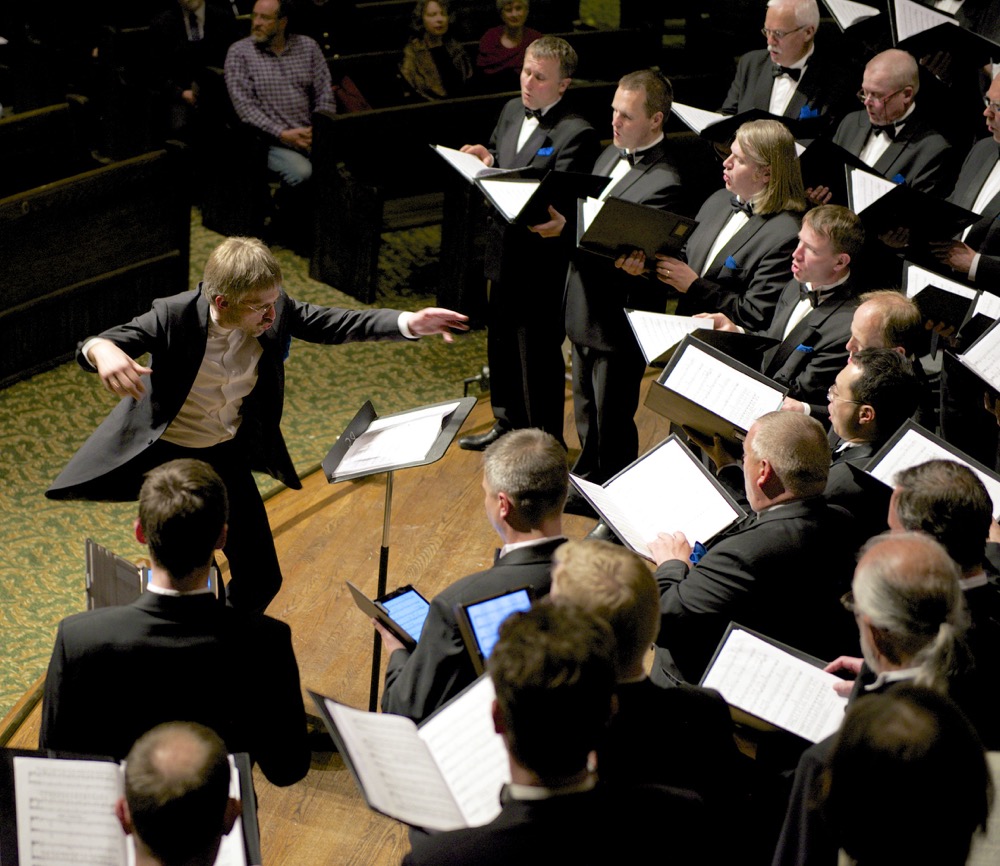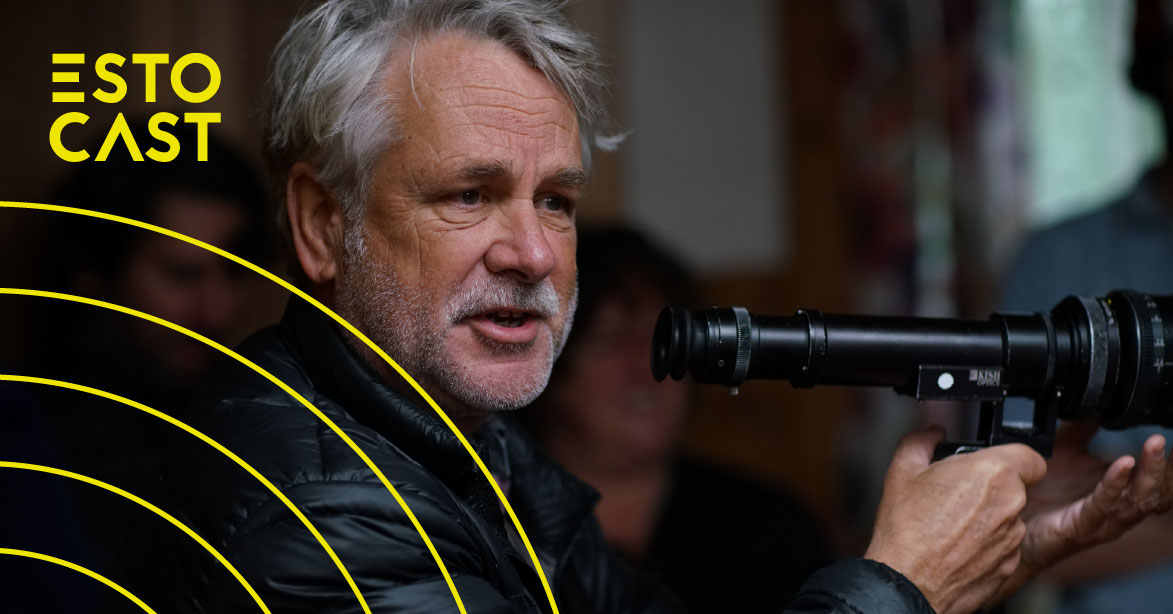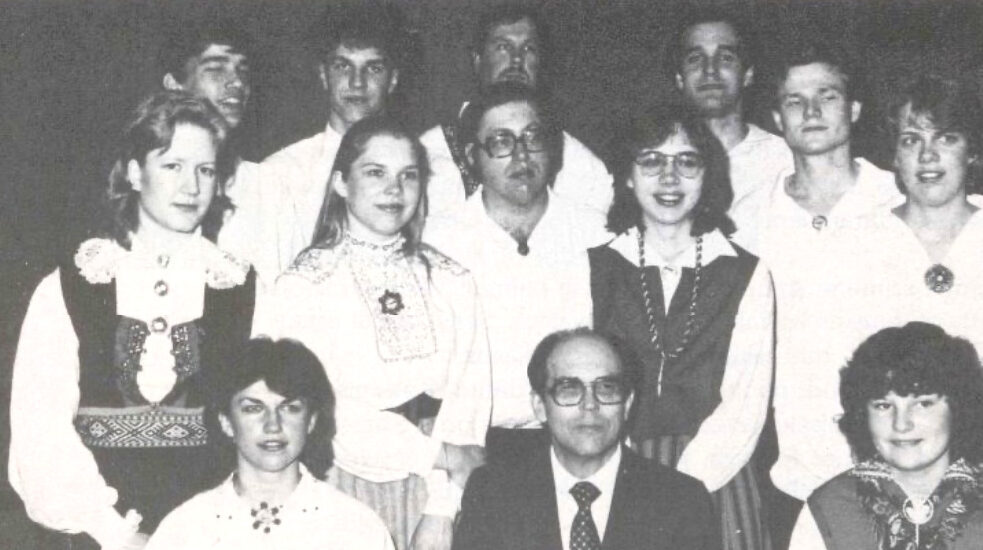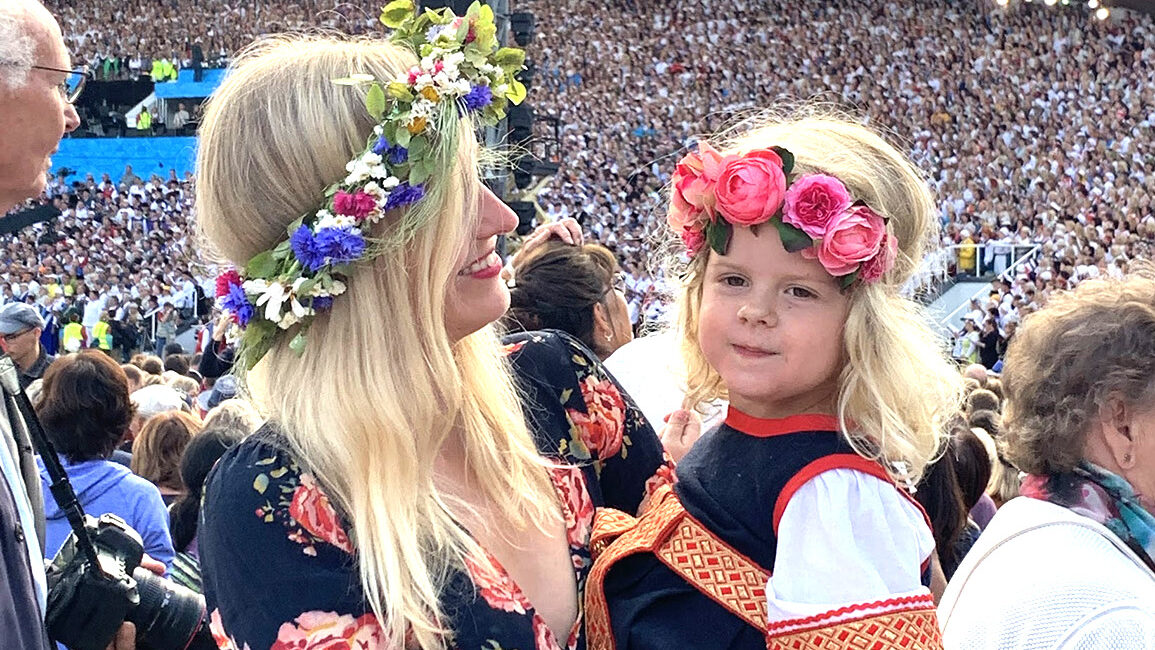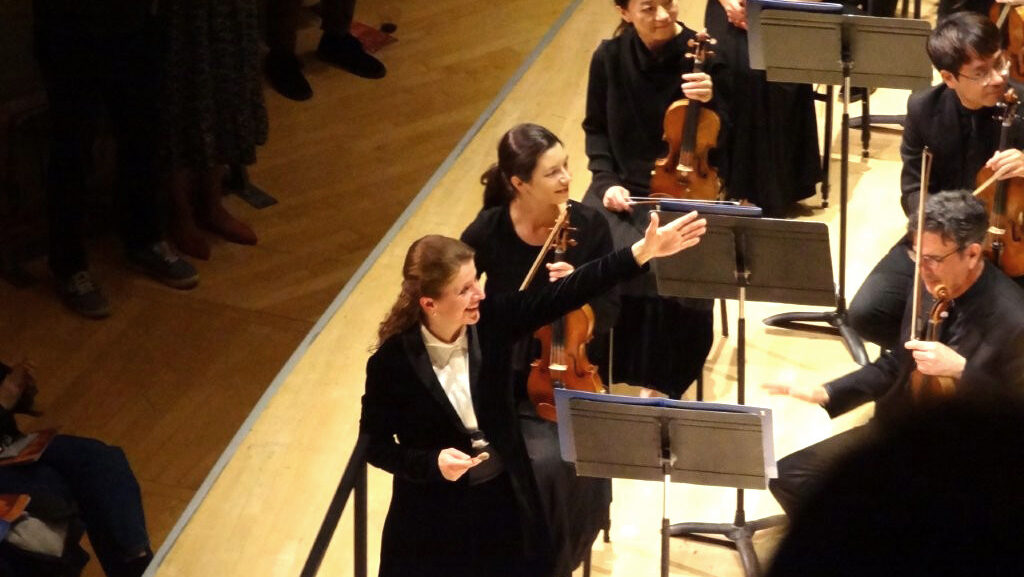Saturday night's choral concert, featuring the Grammy Award winning R.A.M. Koor performing at the Dominion Chalmers United Church in Ottawa, was another of those once-in-a-lifetime experiences, bringing the exceptional Estonian choral tradition to our Nation's capital.
This is a choir of 50 seasoned male singers and if I had closed my eyes, it would have been very difficult to discern that it was, in fact, an ensemble of this size. The musicianship they displayed was a magical moment for this writer. Their vocal technique and mastery of expression (both solo and ensemble work) were of a calibre that superseded most musical performances of this type, heard in this country, in recent years.
The technical aspects of this choir were abundantly evident, with clean, crisp and clear attacks, and no sibilance (except when the piece demanded it). Their total cohesion of sound was signified by singing that was thoroughly balanced and blended to the nth degree. Furthermore, there was no discernable ‘faux pas' to detract the listener. What a pleasure to experience the music that the composer had intended to be heard – pure emotion.
It is almost impossible to find fault with their performance at any level. Their ‘credentials' were quickly established with the music of Gabrieli. Then the inventive compositional techniques employed by the two modern composers (Galina Grigoryeva and Giovanni Bonata), transported the listener to places that only imagination could behold. Jocelyn Pook's Masked Ball from the 1999 Stanley Kubrick film Eyes Wide Shut comes to mind, as an earlier example of this style of music.
Grigoryeva's Molitva/The Prayer must be singled out. This piece is deeply rooted in old Russian folklore and Orthodox sacred music. The addition of the sensitively played solo cello voice (Aare Tammesalu) added emotional and colourful drama to the modern melodic texture that was swimming in sound – almost other-worldly.
Prior to Bonato's Signum magnum/A Great Sign, the choir moved to the upper balcony. This allowed for a conversational spatial texture with ethereal additions, between the singers and eight glass harps above and the solo cello below. Apparently there was a last minute search for the ‘right' crystal wine glasses. All in all, a very heavenly experience.
The second half of the program was dedicated to the choral music of Veljo Tormis, one of the most important choral composers living today, with well over 500 choral works to his credit (mostly a cappella). Already well known in Europe, his music rests solidly on traditional Estonian folksongs (regilaulud), either textually, melodically or simply stylistically and, is becoming more and more widely performed in North America.
There were several highlights, but what stood out was Tormis' Incantatio maris aestuosi/Incantation for a Stormy Sea. The listener was totally assimilated into the sounds emanating from the choir. And what sounds! The sea, the whistling wind, the rise and fall of the waves, thundering storms and the emotional cries of those floundering in the roiling waters, all were reproduced a cappella. One felt as if in the midst of the ocean.
In the final piece on the program, Laulja/The Singer, the choir was joined by pipe-organ (Norman Reintamm) and percussion. This piece was dedicated to the ‘father figure' of the Estonian Song Festival tradition, Gustav Ernesaks. The music makes reference to two of the latter's most important songs Lauliku talveüksindus and Mu isamaa on minu arm. A powerful ending to a very powerful expression of what modern choral music in Estonia is all about.
Without a doubt, the repertoire was chosen to showcase the talents of the ensemble and soloists. The Artistic and Musical Director, Mikk Üleoja, with his delicately calm and expressive hand gestures, drew out every last gram of musical nuance from the singers.
Kudos to the organizers who worked diligently for three years to make this event possible. However, it is a shame that the R.A.M. Koor tour only encompasses Ontario. The rest of Canada has been deprived of the opportunity to experience a truly magnificent ensemble.
Karl J. Raudsepp
